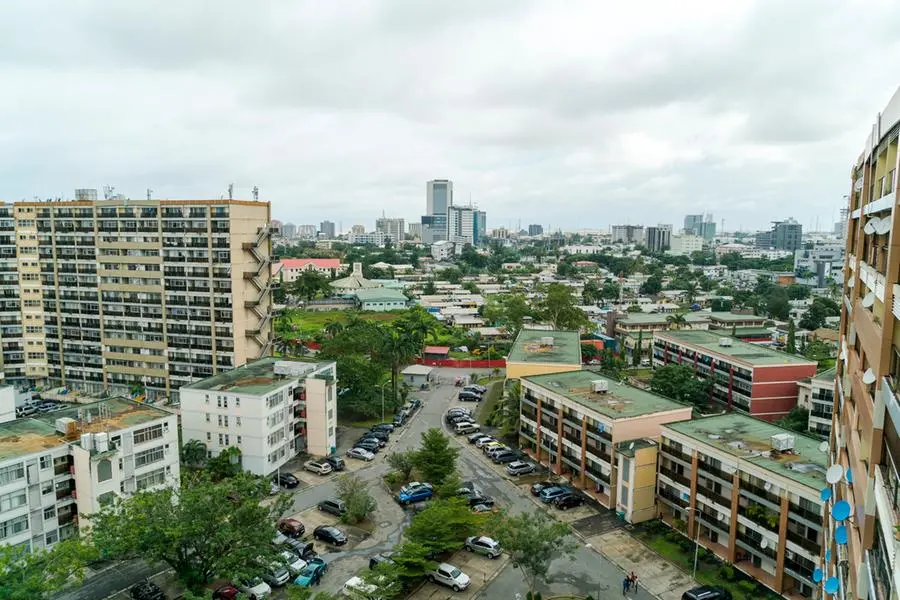PHOTO
DAI, on Tuesday in Abuja, launched a European Union (EU)-funded analytic study, highlighting the challenges faced by State Independent Electoral Commissions (SIECs) in the discharge of their statutory mandate to conduct local elections in Nigeria.
The study titled “The state of the State Independent Electoral Commissions in Nigeria,” while highlighting some challenges that SIECs face in conducting local elections, including partisan appointments, inadequate funding, and lack of autonomy, also identified several opportunities for reform and improvement, especially in the context of the Supreme Court judgment regarding funding and democratic elections in Local Government Councils, which has led to several local government elections being held since July 2024.
It further identified six key reform areas to strengthen SIECs in the discharge of their constitutional responsibilities. They include: Creating a Coalition for Local Election Administration Reforms, implementing legal and technical reforms, and promoting the institutional development of SIECs and Forum of State Independent Electoral Commission of Nigeria (FOSIECON), their umbrella body.
Others are: Enhancing election observation by civil society, fostering collaboration between the Independent National Electoral Commission (INEC) and SIECs, and improving knowledge production and dissemination on SIECs. These reforms aim to secure SIECs’ independence, improve their functionality, and promote credible local elections.
Speaking during the official launch and presentation of the study, Team Leader, Governance, Peace and Migration, EU Delegation to Nigeria and ECOWAS, Ruben Aguilera, explained that local elections are the most important election because they are the closest to the people.
He said, “Today, we’ve come together for one of the activities of one of the EU’s flagship programmes – the EU Support to Democratic Governance in Nigeria (EU-SDGN). We would like to see local elections being conducted everywhere in Nigeria, so people can actually choose their local representatives, making sure that they are also closer to the people and can be held accountable. This way, they (Local Government Chairmen and Councillors) can bring solutions to people’s problems, including health, education, and others.”
Related News EU vows to support steel sector as US trade tariffs rise EU defends Zelensky amid Trump’s criticism EU accelerates investment in Nigeria’s digital space
Reiterating the EU’s commitment to supporting the strengthening and improvement of local elections and local democracy in Nigeria, Aguilera said, “There is a window of opportunity now because there is a Constitutional reform process ongoing and we will continue to support this process by strengthening platforms of civic engagement.”
In his remarks, Chairman of INEC, Prof. Mahmood Yakubu, while highlighting the importance of local government elections, noted if the country does not get it right at the local government level, it is unlikely that it will ever get it right at the top.
He, therefore, commended the efforts of DAI with funding support from the EU, for coming up with the analytic study on the state of SIECs in Nigeria.
He said, “The SIECs and INEC are creations of the Constitution. But the Constitution saddles the SIECs with the responsibility for conducting local government elections. The Constitution at the same time saddles INEC with the responsibility of conducting national and state elections. While INEC conducts elections at all levels, the SIECs only conduct local government elections.
“To this extent, INEC has been interfacing with the SIECs for a long period of time, to the extent that there is a forum called FOSIECON, and we have been meeting with them.
“I have noticed that there has not been any serious study on the conduct of local government elections by the SIECs. I am excited by what DAI has done, and I’m excited that the EU-SDGN is supporting this initiative.”
The Chairman, House Committee on Electoral Matters, Honourable Adebayo Balogun, added, “SIEC is a creation of the Constitution just like INEC. But in any country, there must still be some guiding principles. As much as SIECs should be able to regulate some of their own activities, there must be basic laws that must guide every one of them.
“INEC should, as at today, have the power to enforce the guidelines being used at the general election to be the basis for other elections at the local government. Therefore, if they want to have their election, there should be a regulations that they must obey.
“Part of the way to strengthen SIECs is to make them really independent. If there is no financial independence, then we are not talking about independence.”
In his address, DAI’s Team Lead, Rudolf Elbling, noted that free, fair, and credible local government elections are the foundation of a functioning democracy at the grassroots level, as local government elections help to build strong, responsive, and accountable institutions that can effectively serve the community on the local level.
He said, “This study has the objective to investigate the impediments and difficulties SIECs face to organise credible government elections and produce recommendations for national and international stakeholders for cooperation and support, especially the National Assembly, State Assemblies, INEC, and international partners.
“Local governments play a critical role in addressing the everyday needs of citizens, such as infrastructure, education, and healthcare. Fair elections ensure that the best candidates, who understand the local issues and have the community’s best interests at heart, are elected.”
In his remarks, Election Administration Expert for DAI, Prof. Okechukwu lbeanu, stated that among the challenges SIECs face in conducting local elections include political interference, limited financial autonomy, and capacity constraints. “State governments often impede their independence, impacting the credibility of elections. Despite challenges, the Supreme Court’s recent judgment supports Local Government Councils’ autonomy, prompting reforms,” he said.
Copyright © 2022 Nigerian Tribune Provided by SyndiGate Media Inc. (Syndigate.info).





















